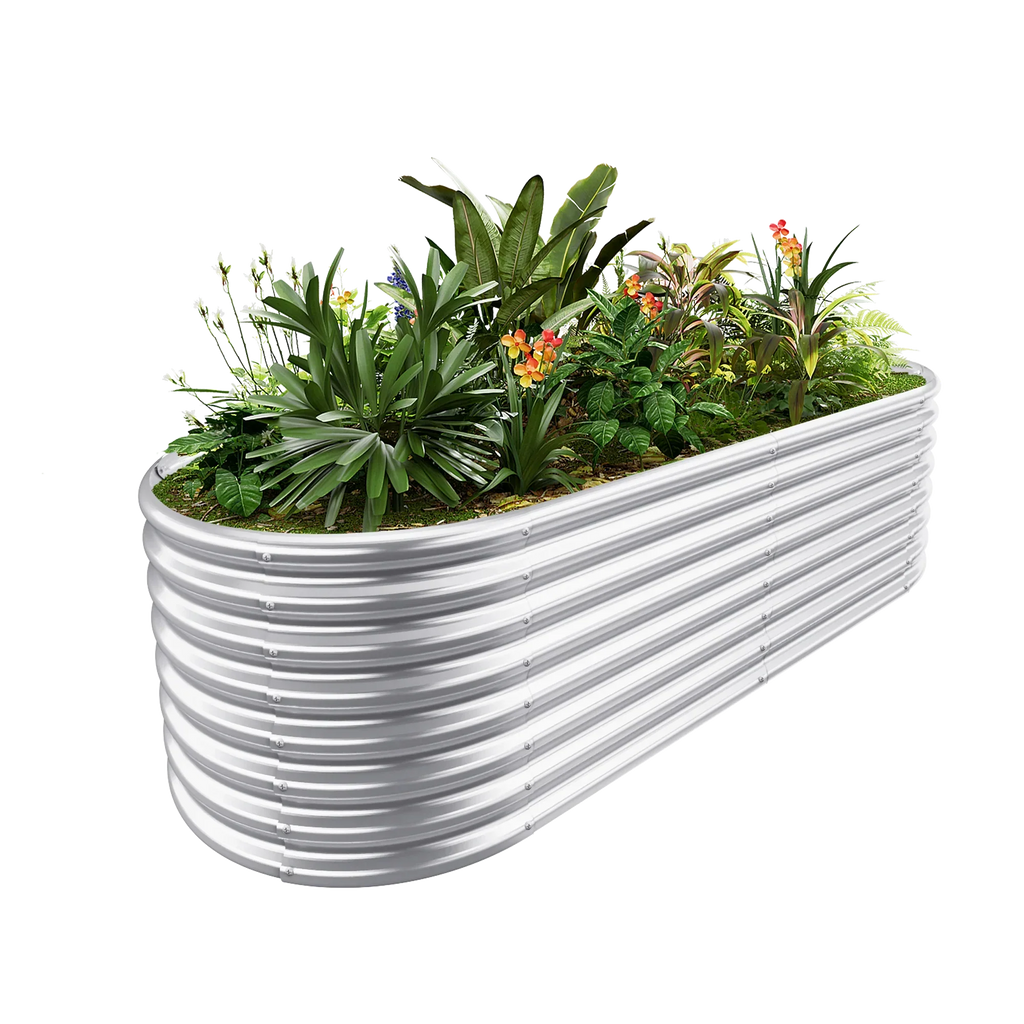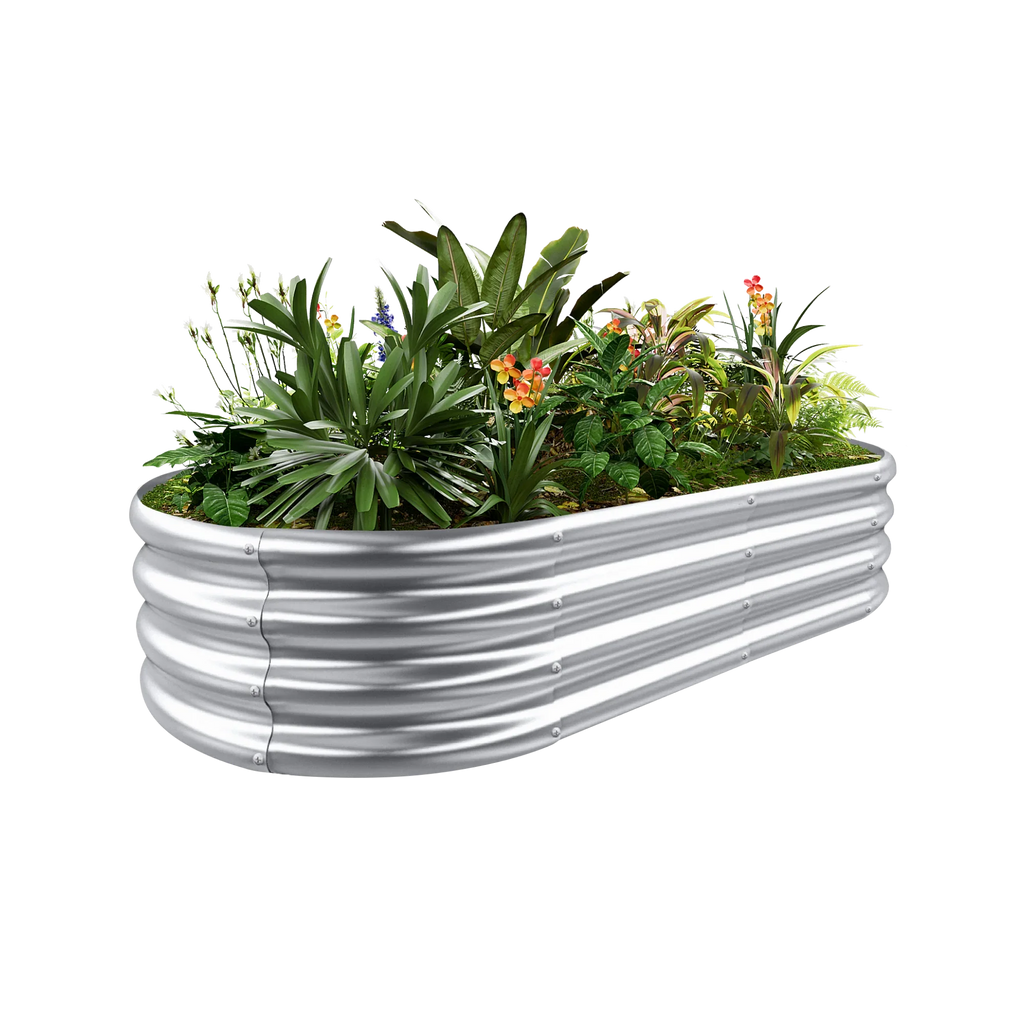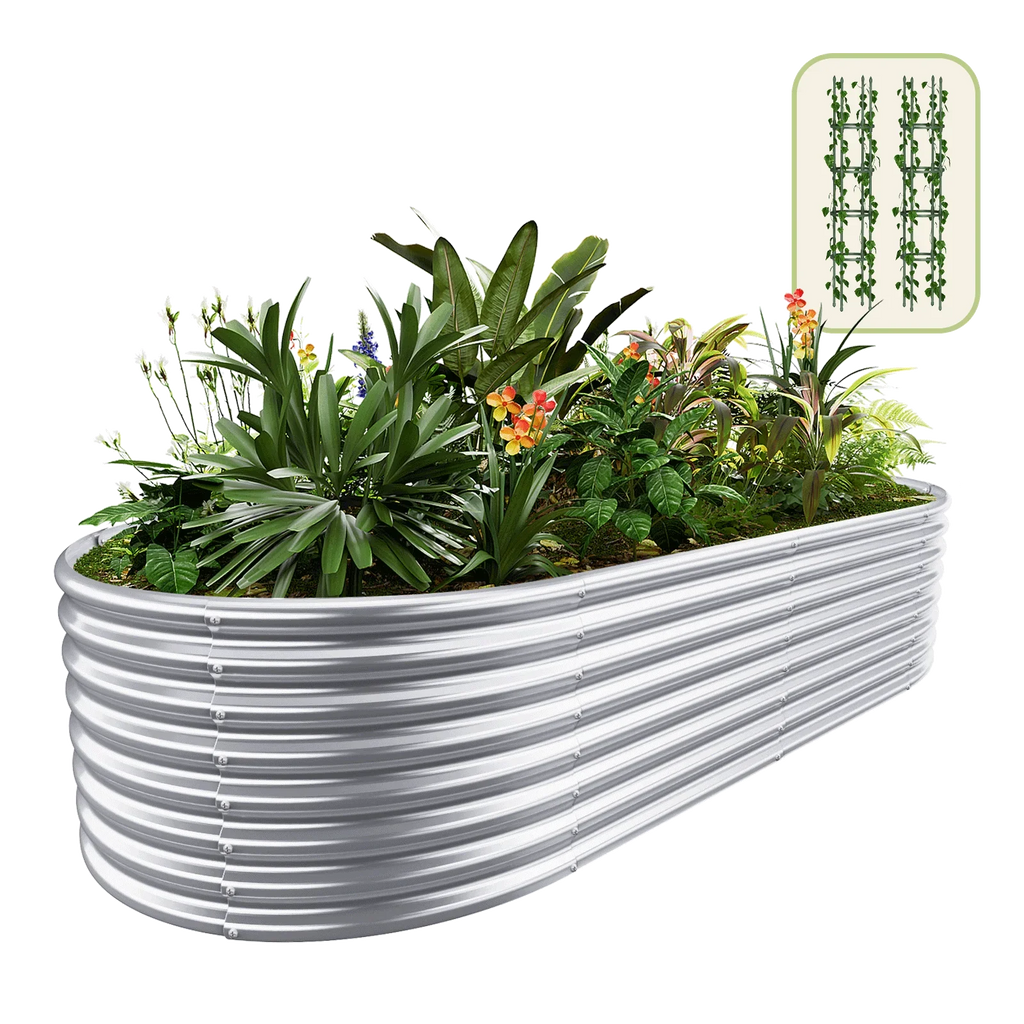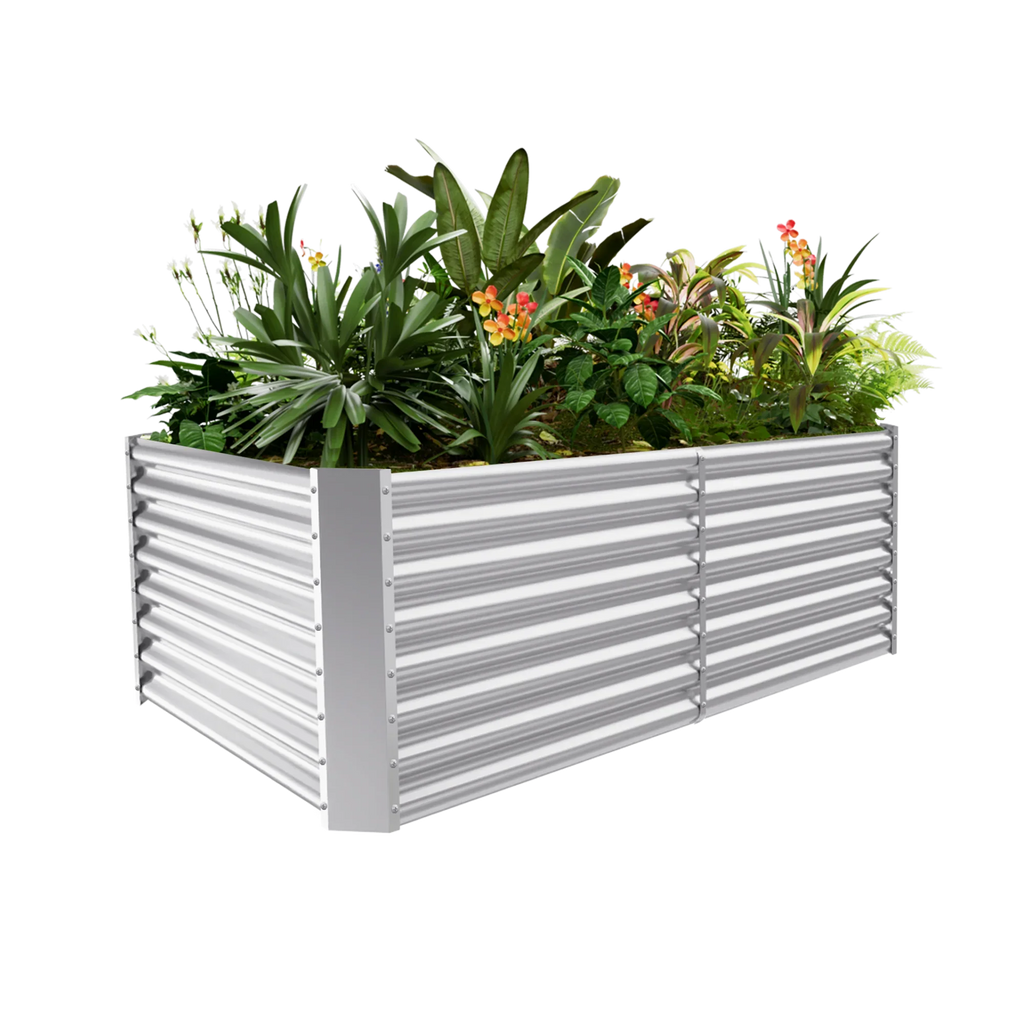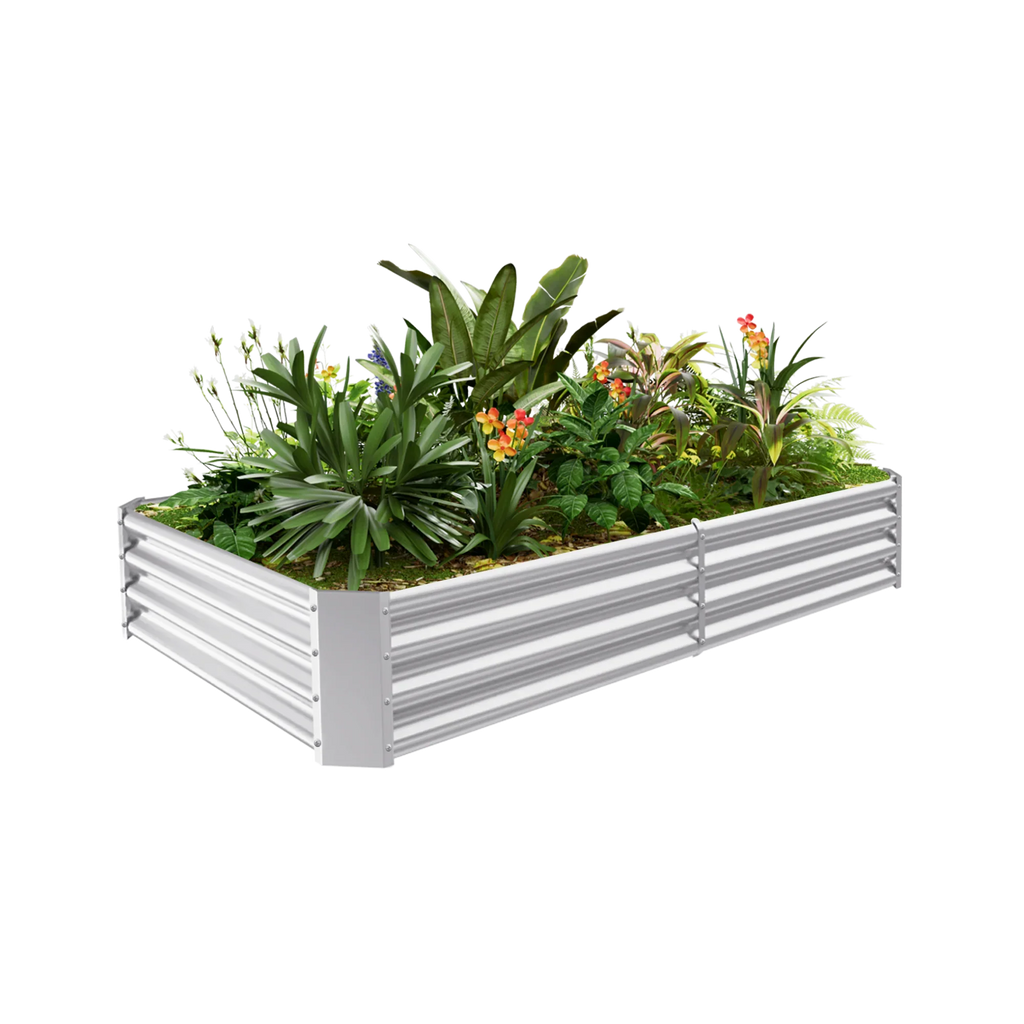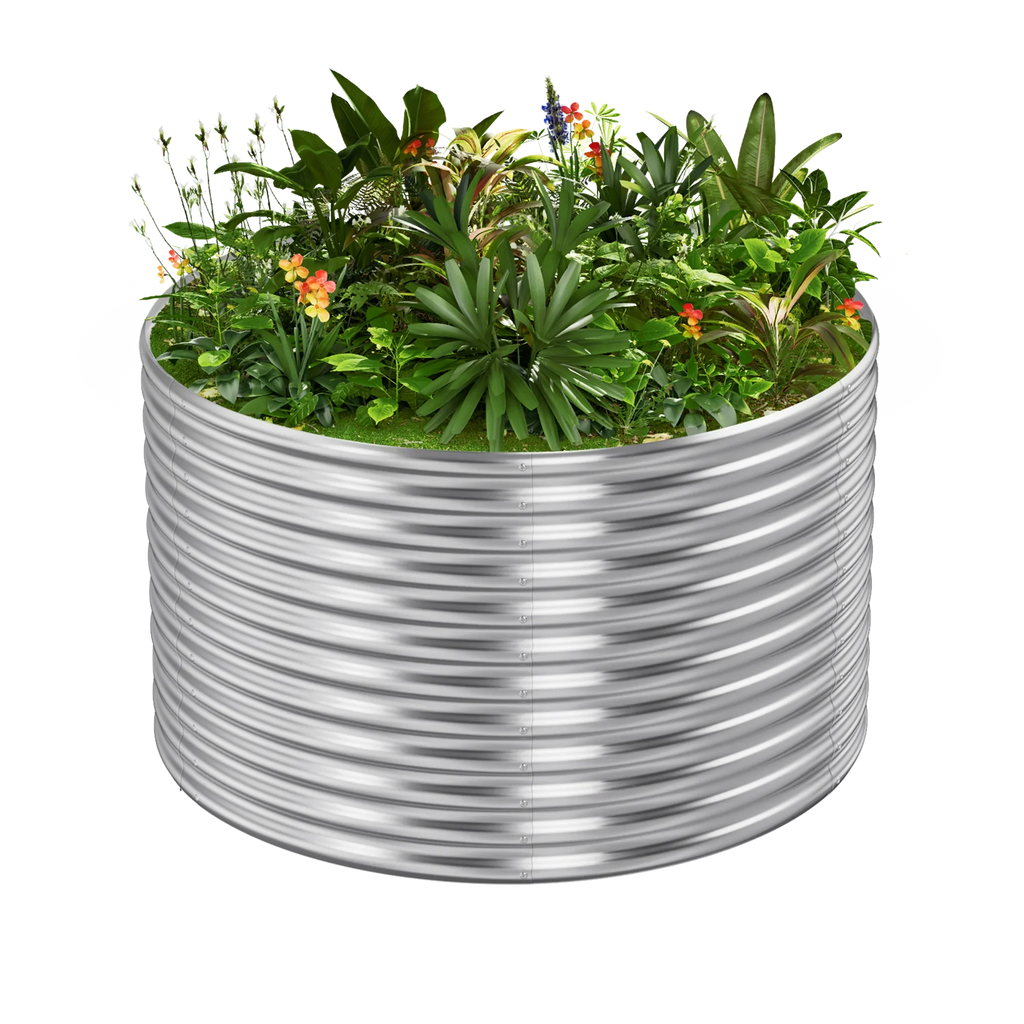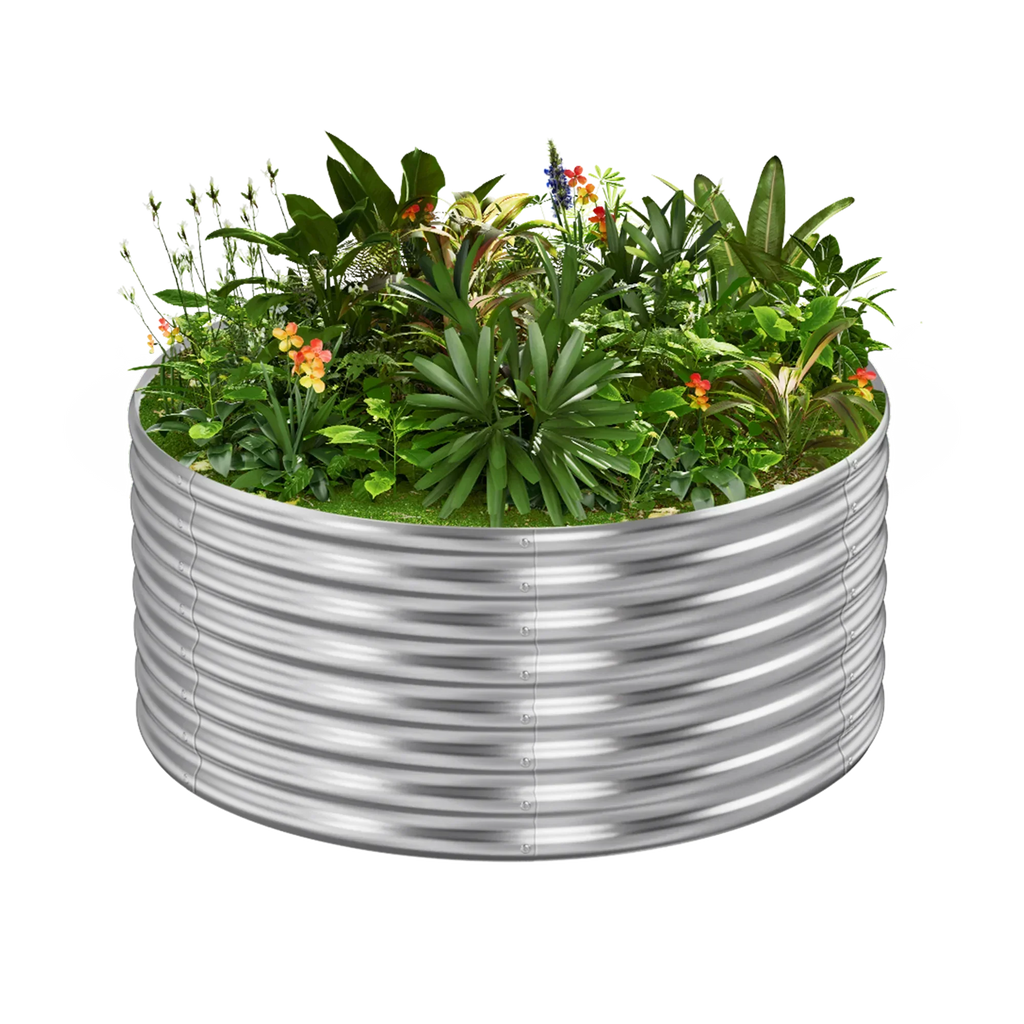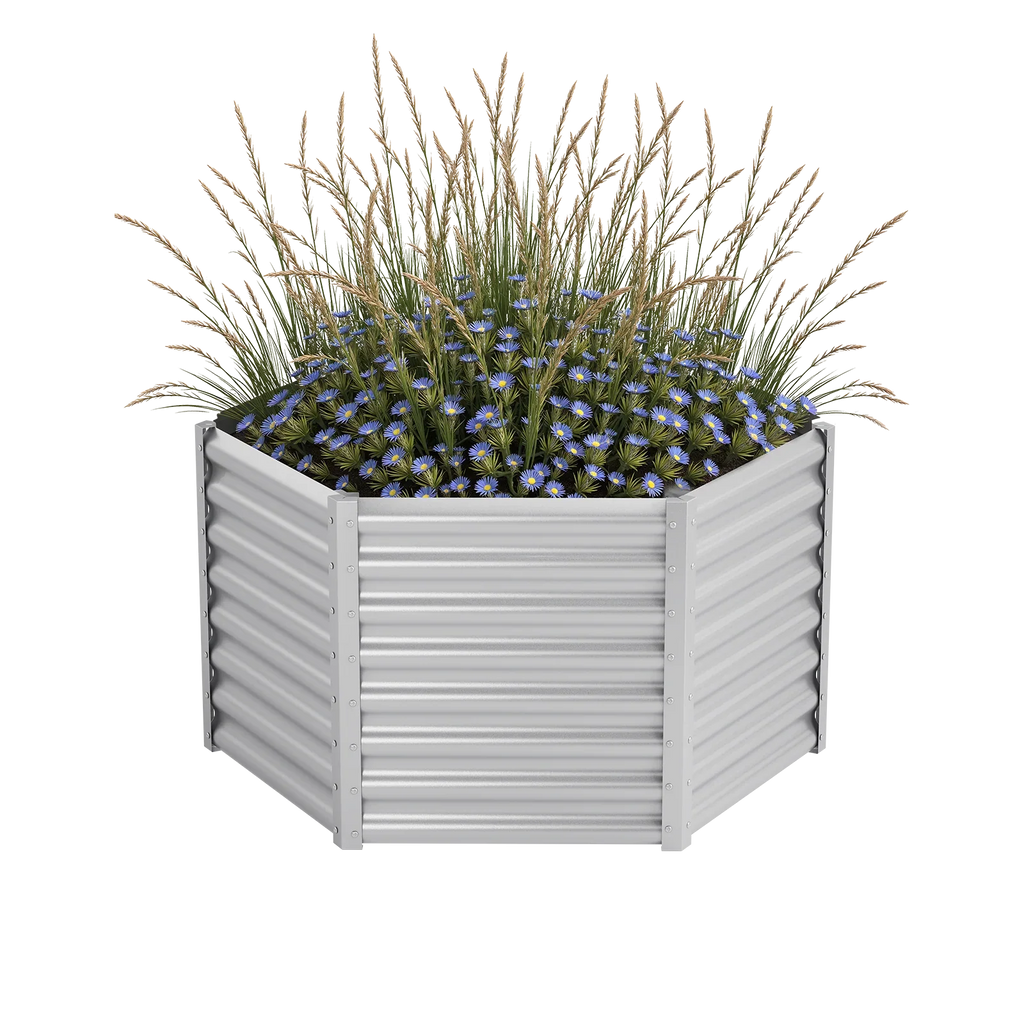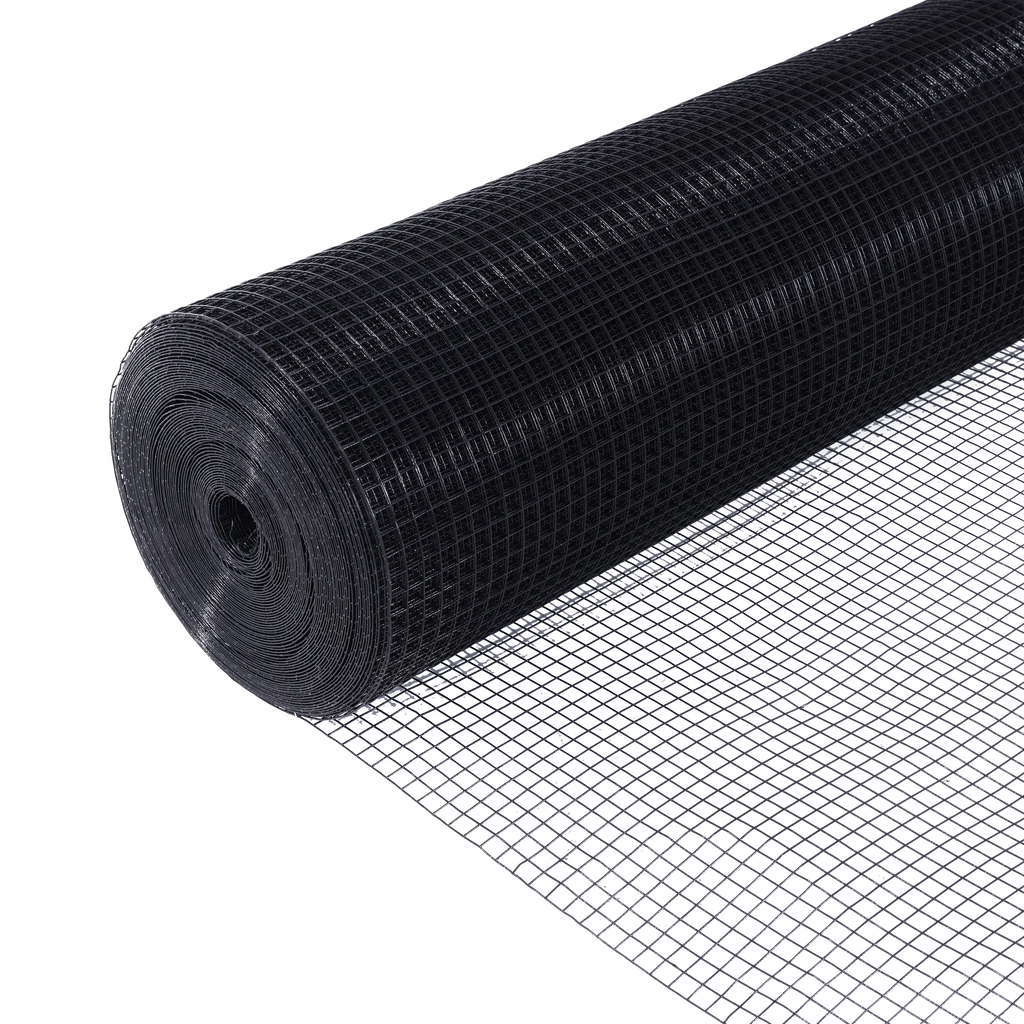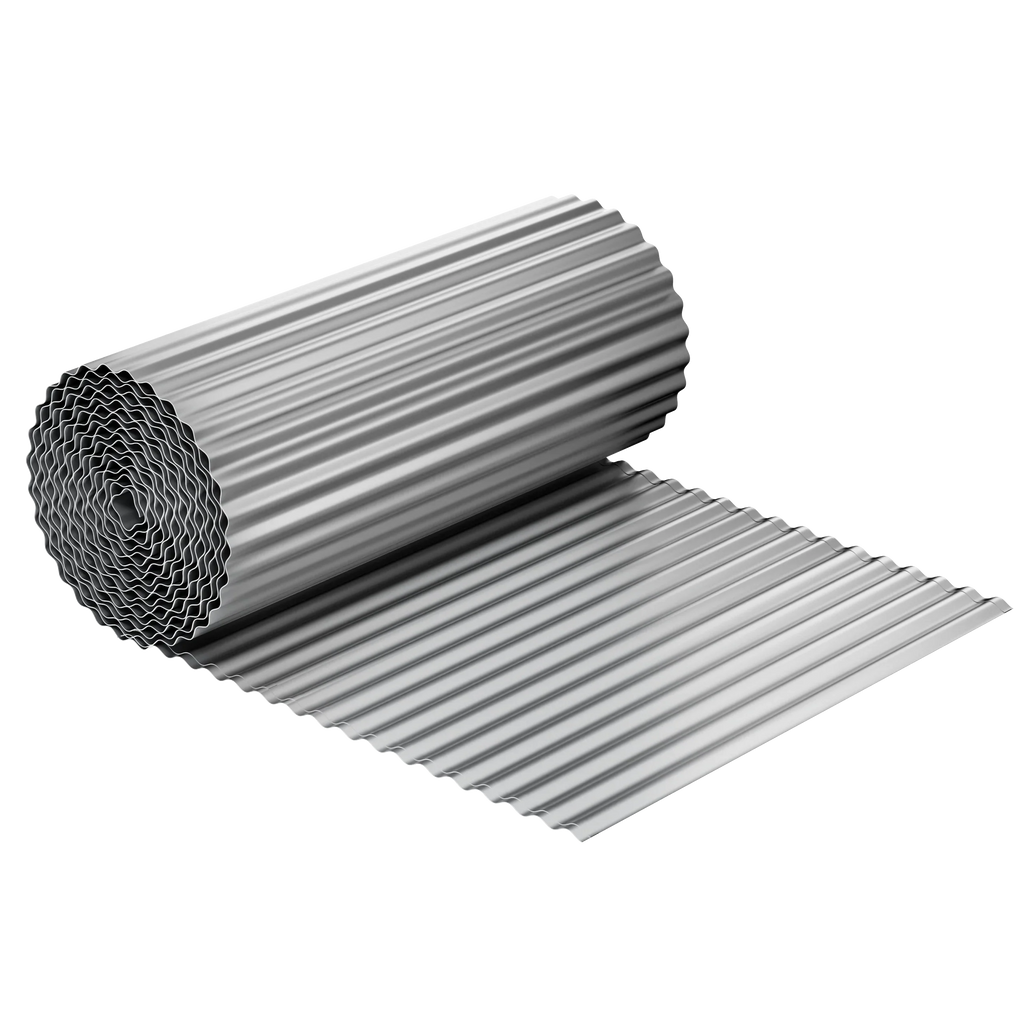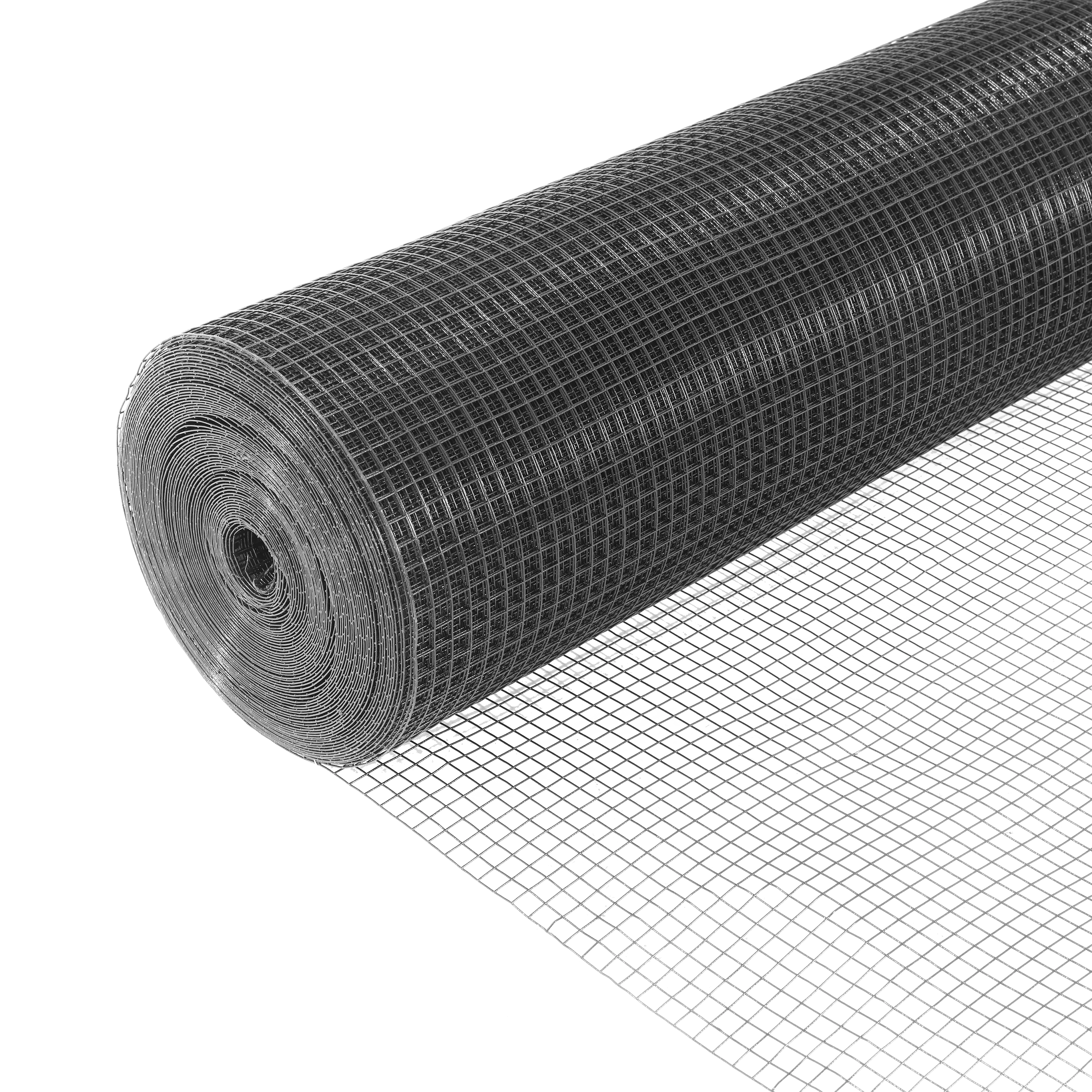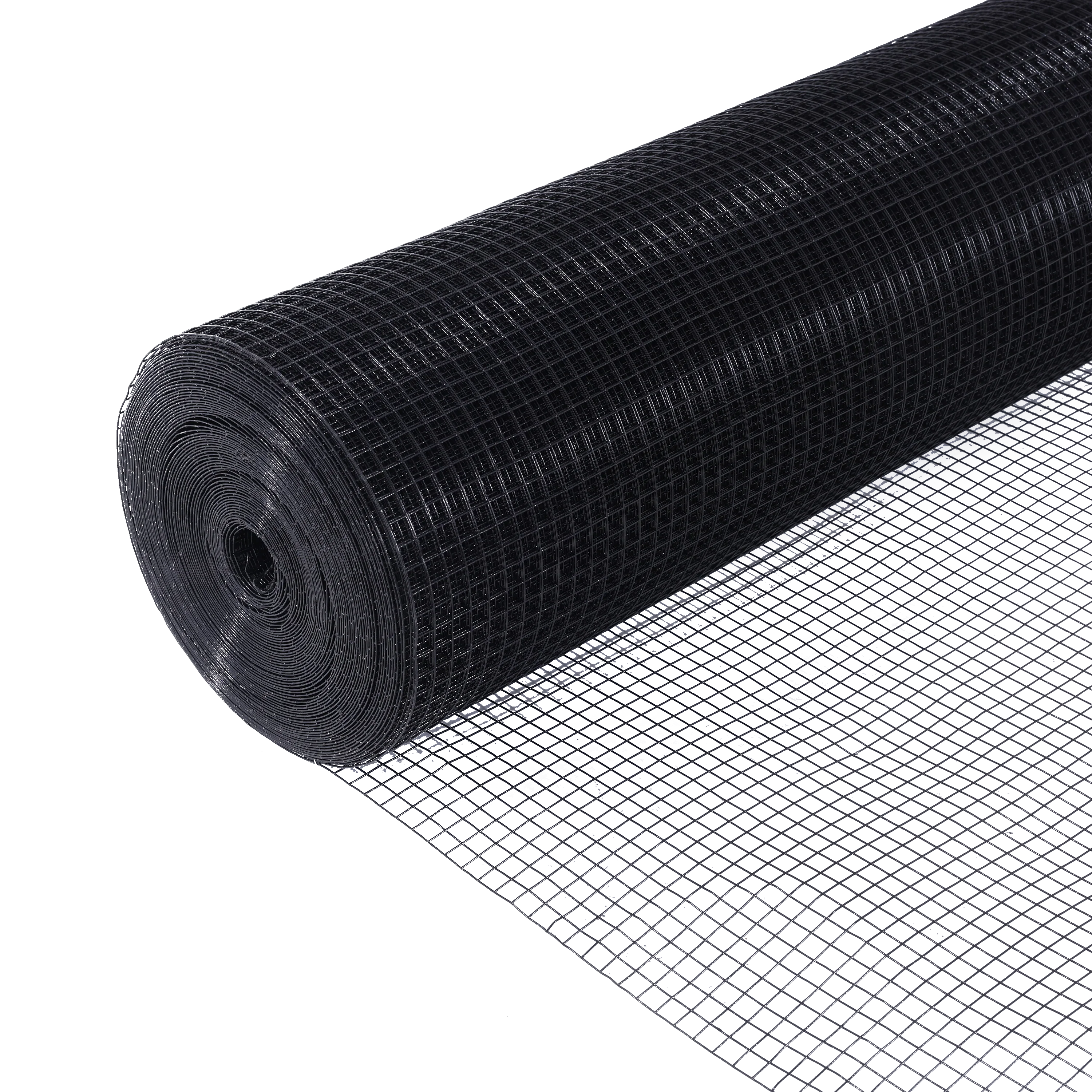Eggplants, with their glossy purple fruits and lush foliage, are a favorite in home gardens. Growing them in raised gardens offers excellent drainage and soil control, but to get those full, bushy plants that produce a bumper crop, pruning is key. Proper pruning encourages bushy growth, boosts fruit production, and keeps your eggplants healthy. In this guide, we’ll walk you through why pruning matters, how to prune eggplants in raised gardens, and tips to maximize your harvest.
Why Prune Eggplants in Raised Gardens?
Pruning eggplants isn’t just about aesthetics—it’s about helping your plants thrive. In raised gardens, where space and resources are optimized, pruning ensures that your eggplants focus their energy on producing strong stems, healthy leaves, and plump fruits. By trimming away unnecessary growth, you improve air circulation, reduce disease risk, and encourage the plant to grow bushier rather than tall and leggy. This leads to more branches, more flowers, and ultimately, more eggplants.
When to Prune Eggplants
Timing is everything when pruning eggplants. Start when your plants are about 12-18 inches tall, usually a few weeks after transplanting into your raised garden. This is when they’ve settled in and are ready to handle a trim. Continue pruning lightly throughout the growing season, especially during the vegetative and flowering stages, to maintain shape and encourage bushiness. Avoid heavy pruning late in the season, as it can stress the plant and reduce fruit production.
How to Prune for Bushy Growth
Pruning eggplants is straightforward, but you’ll need clean, sharp pruning shears and a plan. Here’s how to do it:
· Remove the Suckers: Suckers are small shoots that grow between the main stem and branches. Pinch or cut these off to direct energy toward fruit production and prevent the plant from getting too tall.
· Trim Lower Leaves: Clip off any leaves touching the soil, as they can invite pests or diseases. This also improves airflow around the plant’s base, which is especially helpful in the confined space of a raised bed.
· Cut Back Leggy Stems: If your eggplant is stretching upward with sparse leaves, trim the top third of the main stem just above a leaf node. This encourages the plant to branch out, creating a bushier shape.
· Thin Crowded Areas: If branches are packed too tightly, remove a few to open up the plant. This lets sunlight reach the inner leaves, boosting photosynthesis and fruit development.
Always make clean cuts at a 45-degree angle to promote healing, and sterilize your tools between plants to avoid spreading disease.

Benefits of Pruning in Raised Gardens
Raised gardens are perfect for eggplants because they offer well-drained soil and warmer temperatures, but pruning takes these benefits up a notch. By encouraging bushy growth, you maximize the use of limited space in raised beds, allowing more plants to thrive. Pruning also reduces the risk of fungal issues, which can be a concern in the humid microclimate of a raised garden. Plus, bushier plants are sturdier and less likely to flop over under the weight of heavy fruits.
Additional Tips for Healthy Eggplants
To complement your pruning efforts, here are some extra tips for growing eggplants in raised gardens:
· Support Your Plants: Bushy eggplants can get heavy, so add stakes or cages early to keep them upright.
· Water Consistently: Eggplants like steady moisture—water deeply once or twice a week, depending on the weather, to keep the soil moist but not soggy.
· Fertilize Smartly: Use a balanced fertilizer (like 10-10-10) every few weeks to support growth, but don’t overdo it, as too much nitrogen can lead to more leaves than fruit.
· Watch for Pests: Keep an eye out for aphids or flea beetles. A quick spray of insecticidal soap can handle most issues without harming your plants.
Wrap-Up
Pruning eggplants in raised gardens is a simple way to boost bushy growth and ensure a plentiful harvest. By timing your cuts right and focusing on suckers, lower leaves, and leggy stems, you’ll help your plants stay healthy and productive. Pair pruning with good care practices, and your raised garden will reward you with vibrant eggplants all season long. Grab your shears and give your plants the TLC they deserve!






